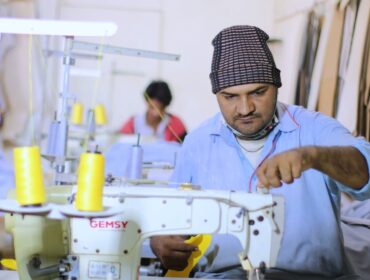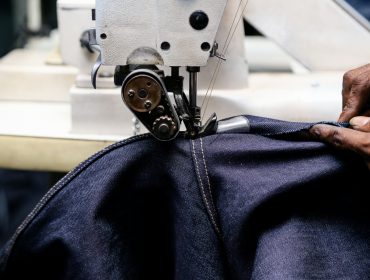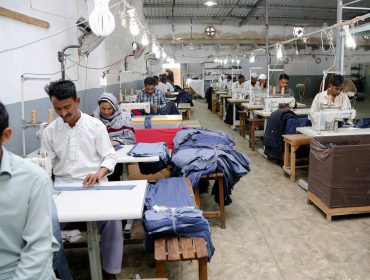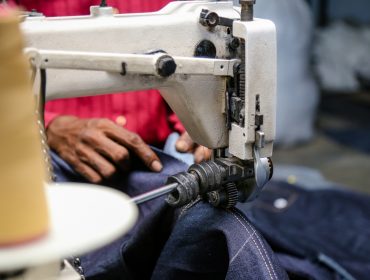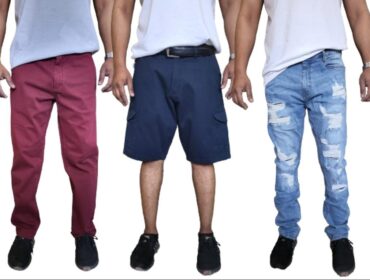As a garment manufacturer, producing jeans amongst other garments for many brands and clothing companies, I love the concept of ‘Raw Denim’, also known as dry denim, jeans that have not undergone any washing or distressing process after being dyed during production. Why?
Personalized Fading: Raw jeans develop unique fading patterns over time as they are worn and washed. The denim molds to the wearer’s body and lifestyle, resulting in fades that reflect the wearer’s movements and habits. This personalized fading creates a one-of-a-kind pair of jeans with a story behind them.
Durability: They are typically made from denim fabric that has not been pre-processed. As a result, they tend to be more durable than pre-washed or distressed jeans. The absence of chemical treatments and abrasions means that the denim retains its strength and integrity, making it less prone to tearing or wearing out quickly.
Versatility: Raw jeans have a classic, timeless appearance that can be dressed up or down to suit various occasions. Whether paired with a casual t-shirt or a tailored blazer, these jeans add a touch of rugged sophistication to any outfit.
Environmental Impact: The production of pre-washed and distressed denim often involves extensive water usage, chemical treatments, and energy consumption. Raw jeans require minimal processing, resulting in lower water usage and fewer chemicals being released reducing the environmental impact.
Longevity: Due to their durability and timeless style, raw denim jeans have a longer lifespan compared to trendy, mass-produced jeans. With proper care and maintenance, raw denim jeans can last for many years, becoming softer and more comfortable with each wear.
Cultural Significance: Raw denim jeans are deeply rooted in denim culture and heritage. Wearing raw denim is a way for enthusiasts to connect with the craftsmanship and traditions of denim manufacturing. Many raw denim brands pride themselves on preserving these traditions and producing jeans that pay homage to the roots of denim culture.
Bonus Point: They generally cost less to produce than treated jeans!


